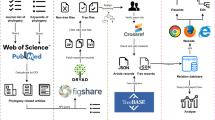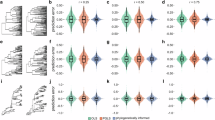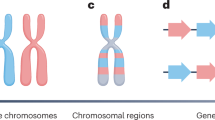Abstract
Phylogenetic comparative methods have become all but ubiquitous in only a few decades, forcing us to reconsider if information from a phylogenetic tree can justify the results. Existing approaches to this question have been inadequate and do not scale with tree size or the ability to resolve branches. For instance, selection between phylogenetic models typically based on information criteria fails to adequately reflect this uncertainty, and can lead to preference for arbitrarily complicated models. Common measures of phylogenetic signal tend to characterize the goodness-of-fit of a Brownian motion model to the data, rather than indicate whether the data is sufficient to confidently distinguish between different hypotheses. We present a Monte Carlo based approach that allows us to reliably select models of the appropriate complexity and identify when a given phylogenetic tree contains insufficient information to test the hypothesis. We conclude that researchers should not assume a model such as Brownian motion a priori but test alternate hypotheses; not test for correlations between traits and branch lengths before applying a phylogenetic model but rather analyze the power of the tree to identify the chosen model from the alternative hypotheses.
Similar content being viewed by others
Article PDF
Author information
Authors and Affiliations
Rights and permissions
About this article
Cite this article
Ralph, P., Coop, G. & Boettiger, C. Is your phylogeny informative? Measuring the power of comparative methods. Nat Prec (2011). https://doi.org/10.1038/npre.2011.6453.1
Received:
Accepted:
Published:
DOI: https://doi.org/10.1038/npre.2011.6453.1



